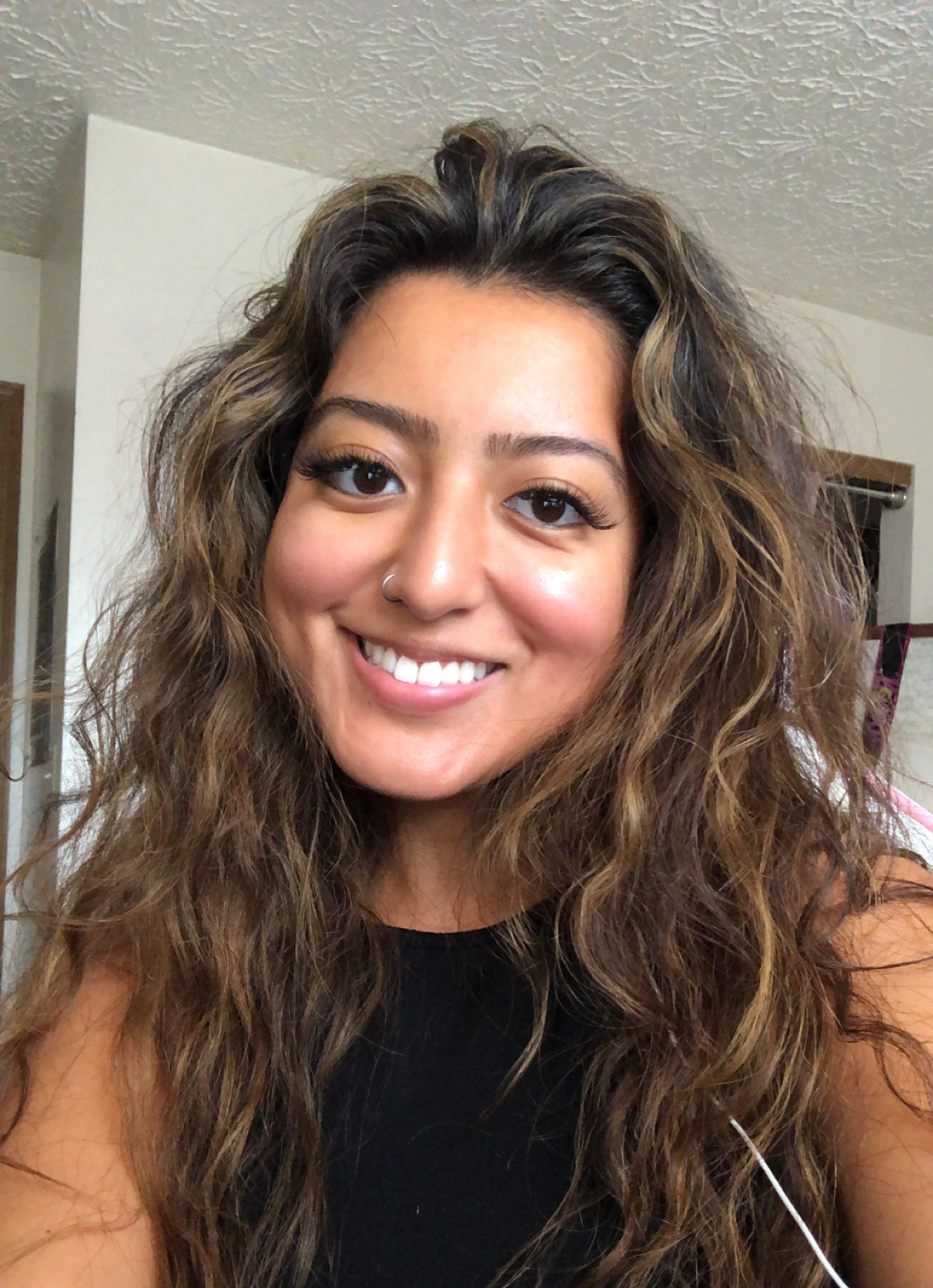Breaking Stereotypes in the Computer Science Field
August 9, 2021

Jessica Huezo likes to challenge herself and break stereotypes. This summer she is a Students2Startups intern for Karta Solutions — an Alaskan software startup company using 3D technology to help design safer, more efficient industrial spaces.
After starting out her working career as a nail technician for a beauty salon, Huezo eventually branched out with her sister to start their own nail business in Anchorage. That business ended up teaching her important lessons about being a professional, and it is paying her way through college at the University of Alaska Anchorage.
It was when she started at UAA that Huezo started to look at other career possibilities — and to break stereotypes.
“I was thinking, ‘Jessica, what do you want to do, what are you going to spend years going to school for?’ I was really big into math and I just didn't know what I can do with that, so I just kind of started eliminating things.”
It was when Huezo took her first Java programming course that she realized the learning curve was steep but the rewards for getting the program working correctly were immense. The fact that computer science was a male-dominated field made it even more appealing and a great opportunity to make an impact not only on her own life, but also the life of others.
Huezo noted that in a computer science class of around 20 students there are usually fewer than five women. And she is also a double minority.
“I'm Hispanic and I am a woman,” says Jessica. “I thought, if anything, this will be great because maybe one day I'll inspire more girls to join the computer science field.”
Huezo says that communication is her strong suit. As a nail technician she communicated with people all day. Working for a startup she is part of a small team where communication is also extremely important. The transition has been a good one.
Her job with Karta Solutions has put her new skills as a computer scientist to good use. She is working with two other S2S interns on the interactive 3D design software the company uses to help industrial businesses plan changes to their plant or warehouse layouts. A typical day for the interns is to study the Karta codebase to be able to and find the things in the code that are not working properly.
“I feel like I'm learning a lot just from fixing these little tasks that were given because it's making me be able to read somebody else's code and understand what's going on and fix it.”
The Students2Startups experience has been enjoyable and Huezo plans on recommending it to other students.
“I do plan on recommending this program to my younger sister because she is about to start at the university, just because it really has been such a great program. I didn't know that such a thing existed!”
She credits the program lead, Peter Webley, for the collaborative and inclusive feel through the weekly virtual social, brainstorming, and learning events. The discussions with the other interns, learning about the startups they are working for, and the friendships built have made the program fun and rewarding.
Huezo sees her future self in a position where she can assist other women in the computer science field.
“I definitely struggled a lot in the very beginning of my degree, it was a very intense program mainly because it is very male dominant and so I really felt like I was always left out,” Huezo says. “I really do want to be able to help people and encourage them that if you really are set on something you can do it.
“Hopefully in 10 years I can be that person that can tell people that was in your position once but with lots of practice and patience, I’ve made it to where I am now.”
Students2Startups is a summer-based experiential learning program that starts in the middle of May through to early August. Students within the University of Alaska system were partnered with startup businesses through a mixer event and collaborative project development. This year was the third cohort of students. Huezo worked with two other interns at Karta Solutions this summer and Center ICE, had 6 more interns working with an additional 5 companies during the summer. Students2Startups is a program within UAF Center ICE, which is funded in part by a grant from the Office of Naval Research, #N00014-18-1-2725
Students2Startups is made possible with generous support from the Office of Naval Research. Learn more about the Students2Startups program.


